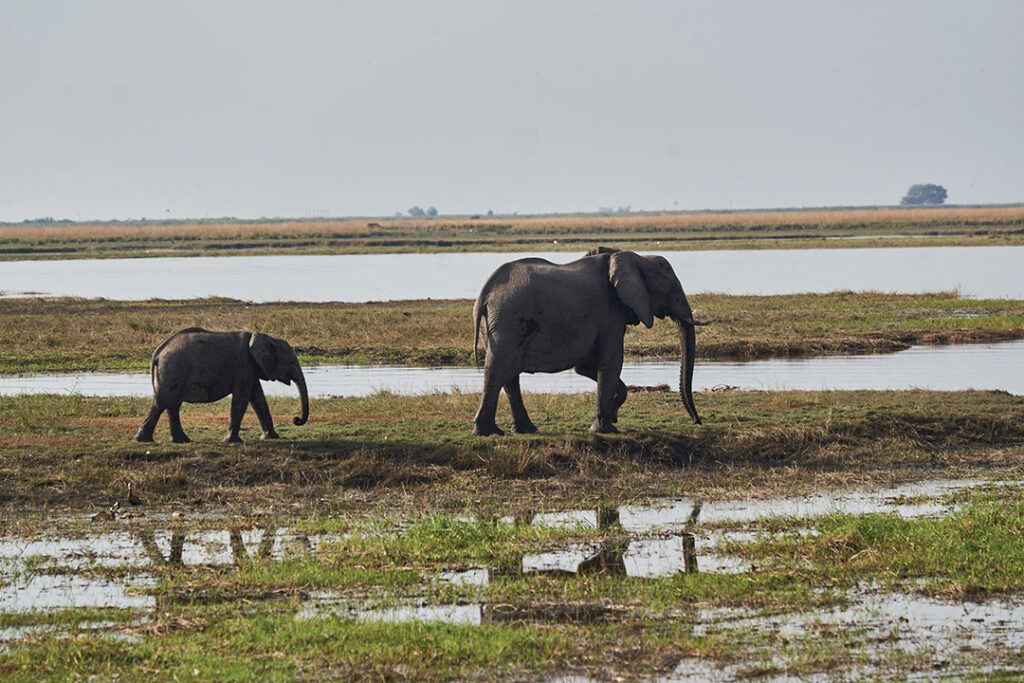ADF STAFF
A forensic laboratory in northern Botswana will play a vital role in disrupting the illegal wildlife trade, according to the lab’s supporters.
“The forensic laboratory will scientifically investigate and prosecute wildlife trafficking crimes through interagency law enforcement support, and this will entail collection, storage and analysis of evidence,” President Mokgweetsi Masisi said.
The laboratory is supported by a $2.7 million grant from the United States State Department’s Bureau of International Narcotics and Law Enforcement Affairs. Researchers at the Wildlife Forensic Laboratory in Kasane will work with wildlife experts at Virginia Tech university in the U.S. and the nongovernmental organization the Centre for African Resources, Animals, Communities and Land Use (CARACAL) based at nearby Chobe National Park.
“Botswana is becoming a wildlife haven, and, therefore, a target for traffickers,” CARACAL founder Kathleen Alexander told ADF. Alexander, a wildlife veterinarian and Virginia Tech professor, has spent more than 30 years working with Botswana to protect its wildlife.
The Kasane laboratory will help Botswana and its neighbors prosecute wildlife crimes, Alexander said. “It’s important to develop faster and more effective measures to counter wildlife trafficking,” she said.
Wildlife trafficking thrives on corruption, illicit financial flows and money laundering — factors that have made it a major market for criminal organizations in Asia and elsewhere. Illicit materials often are packed with legitimate cargo to be smuggled by sea to Asia.
It is crucial that wildlife crime investigations also consider the organized crime aspect, according to the Wildlife Justice Commission.
“Intelligence analysis is an essential tool in this regard,” commission researchers wrote in a report. “Wildlife crime is a cross-cutting criminal activity which cannot be tackled in isolation from other crimes.”
Successfully fighting wildlife crime requires international cooperation, Masisi said. The Kasane lab puts the Botswana-based researchers within easy reach of colleagues in Angola, Namibia, Zambia and Zimbabwe.
“The unyielding threats to our wildlife and their habitat call for innovative and proactive measures,” Masisi said. “This facility will therefore become a critical hub in our collective efforts to protect the precious natural resources bequeathed to us.”

